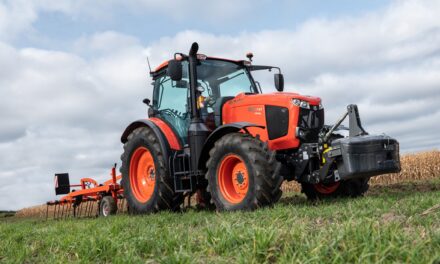Earlier in January, an outbreak of Avian Flu, commonly known as Bird Flu broke out on a site in Dorset, with a total of 31 birds being tested positive for the infection. DEFRA took immediate steps and placed a local prevention zone around the infected area. Since then a further outbreak may have occurred in Warwickshire, though as yet its not been confirmed as testing is still under way. In both cases DEFRA are testing for the H5N6 strain of Avian Flu, which has been circulating amongst the wild bird population across Europe. As a precaution, DEFRA has extended the protection zone across England.
There have been several outbreaks in the UK on poultry farms over the last 10 years, but all of these have been deemed as low risk, due to no human being infected by the virus.
Public Health England have stated that the risk to the public health remains very low and the Food Standard Agency has also advised that Bird Flu does not pose a threat to food safety in the UK. You can’t be infected through eating cooked poultry or poultry products.
What is Bird Flu
Bird Flu, also known as Avian Flu, is an Influenza type virus that mainly affects birds. There are several strains of the flu, but only two of the current strains can infect humans (H1N1 since 1997 and H7N9 since 2013), though neither of those strains have been detected in the UK. Currently Bird Flu can only be spread to humans through direct contact with infected birds, both live and dead, bird droppings and secretions from their eyes.
The NHS also suggest that infection can be spread by inhaling or direct contact with dust from droppings or bedding of infected birds.
In 2017 the World Health Organisation confirmed that between 2015-2016, that approximately 840 people were infected by the H6N! strain of the virus worldwide and of the amount over 400 were fatal.
Prevention Zone
A prevention zone has been declared across England in the wake of an outbreak in Dorset, and possible infection in Warwickshire. Farmers have been asked to cover ponds with netting in an attempt to prevent further spreading of the virus.
What this also means is that poultry and bird keepers are required to follow strict measures to protect their livestock from catching the disease.
It also means that farmers and keepers must ensure that where their birds are housed do not attract wild birds, who may be carrying the disease. Measures such as netting ponds, feeding and watering their birds in enclosed areas reducing the risk of contact with wild birds.
Below are some of the recommended measures by DEFRA
- minimise movement in and out of your bird enclosure
- clean footwear before and after visiting your birds
- keep bird enclosures clean and tidy and regularly disinfecting any hard surfaces
- humanely control rats and mice
- place birds’ food and water in fully-enclosed areas that wild birds cannot access, and remove any spilled feed
- keep your birds separate from wildlife and wild waterfowl by putting suitable fencing around the outdoor areas they access
- make sure equipment, feed and bedding are stored undercover so they cannot be contaminated by wild birds
- where possible keep chickens and turkeys separate from ducks and geese
Those with 500 plus birds are also required to take extra measures to prevent further infection, including restricting access to non-essential people, changing clothing and footwear before entering bird enclosures and cleaning and disinfecting vehicles.
There are no restrictions of movement currently and birds aren’t required to be kept inside, also the government also at this stage have no plans for a cull.
DEFRA has stated that the Prevention Zone will be in place until further notice.





